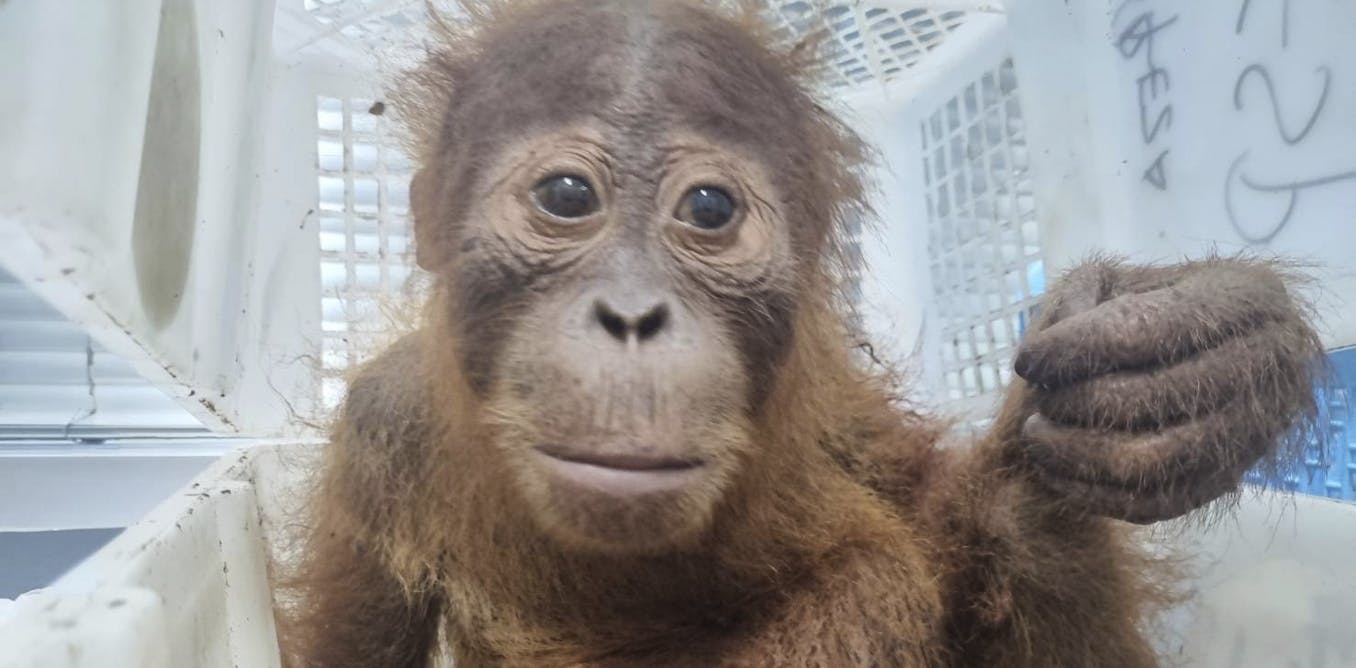Humans make mistakes all the time. All of us do, every day, in tasks both new and routine. Some of our mistakes are minor and some are catastrophic. Mistakes can break trust with our friends, lose the confidence of our bosses, and sometimes be the difference between life and death.
Over the millennia, we have created security systems to deal with the sorts of mistakes humans commonly make. These days, casinos rotate their dealers regularly, because they make mistakes if they do the same task for too long. Hospital personnel write on limbs before surgery so that doctors operate on the correct body part, and they count surgical instruments to make sure none were left inside the body. From copyediting to double-entry bookkeeping to appellate courts, we humans have gotten really good at correcting human mistakes.
Humanity is now rapidly integrating a wholly different kind of mistake-maker into society: AI. Technologies like large language models (LLMs) can perform many cognitive tasks traditionally fulfilled by humans, but they make plenty of mistakes. It seems ridiculous when chatbots tell you to eat rocks or add glue to pizza. But it’s not the frequency or severity of AI systems’ mistakes that differentiates them from human mistakes. It’s their weirdness. AI systems do not make mistakes in the same ways that humans do.
Much of the friction—and risk—associated with our use of AI arise from that difference. We need to invent new security systems that adapt to these differences and prevent harm from AI mistakes.
Human Mistakes vs AI Mistakes
Life experience makes it fairly easy for each of us to guess when and where humans will make mistakes. Human errors tend to come at the edges of someone’s knowledge: Most of us would make mistakes solving calculus problems. We expect human mistakes to be clustered: A single calculus mistake is likely to be accompanied by others. We expect mistakes to wax and wane, predictably depending on factors such as fatigue and distraction. And mistakes are often accompanied by ignorance: Someone who makes calculus mistakes is also likely to respond “I don’t know” to calculus-related questions.
To the extent that AI systems make these human-like mistakes, we can bring all of our mistake-correcting systems to bear on their output. But the current crop of AI models—particularly LLMs—make mistakes differently.
AI errors come at seemingly random times, without any clustering around particular topics. LLM mistakes tend to be more evenly distributed through the knowledge space. A model might be equally likely to make a mistake on a calculus question as it is to propose that cabbages eat goats.
And AI mistakes aren’t accompanied by ignorance. A LLM will be just as confident when saying something completely wrong—and obviously so, to a human—as it will be when saying something true. The seemingly random inconsistency of LLMs makes it hard to trust their reasoning in complex, multi-step problems. If you want…
Read full article: AI Mistakes Are Way Weirder Than Human Mistakes

The post “AI Mistakes Are Way Weirder Than Human Mistakes” by Nathan E. Sanders was published on 01/13/2025 by spectrum.ieee.org






































Leave a Reply